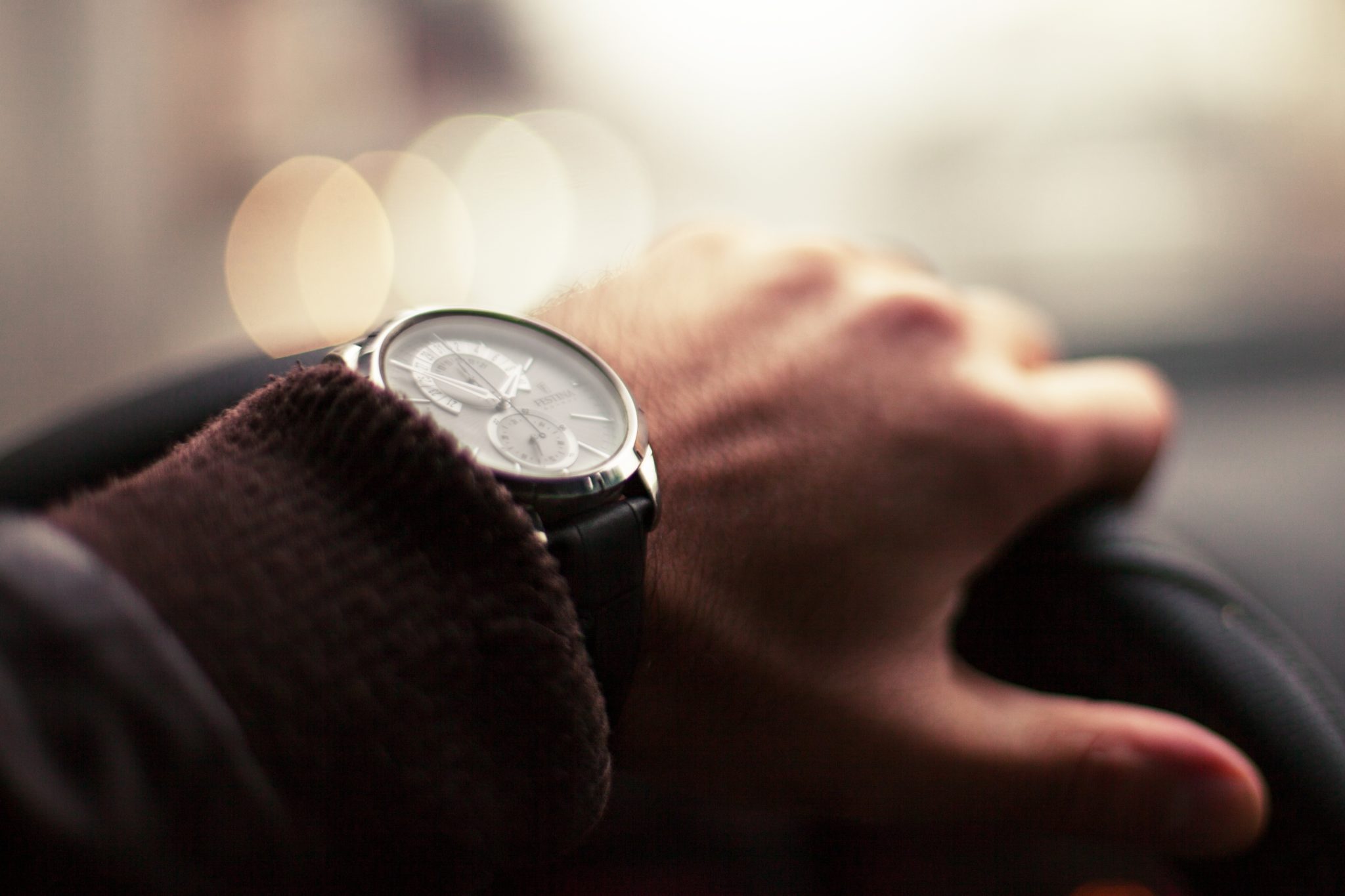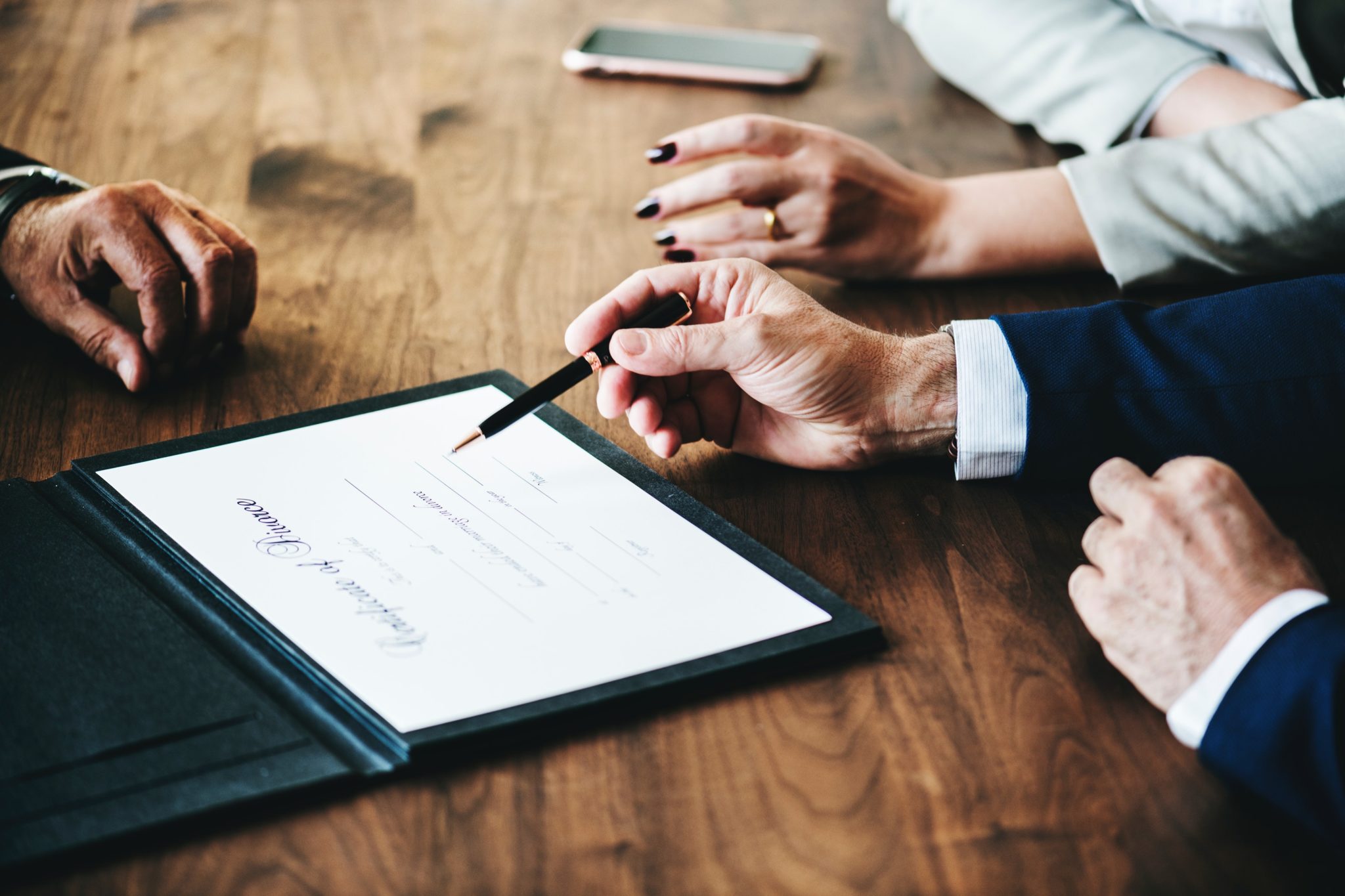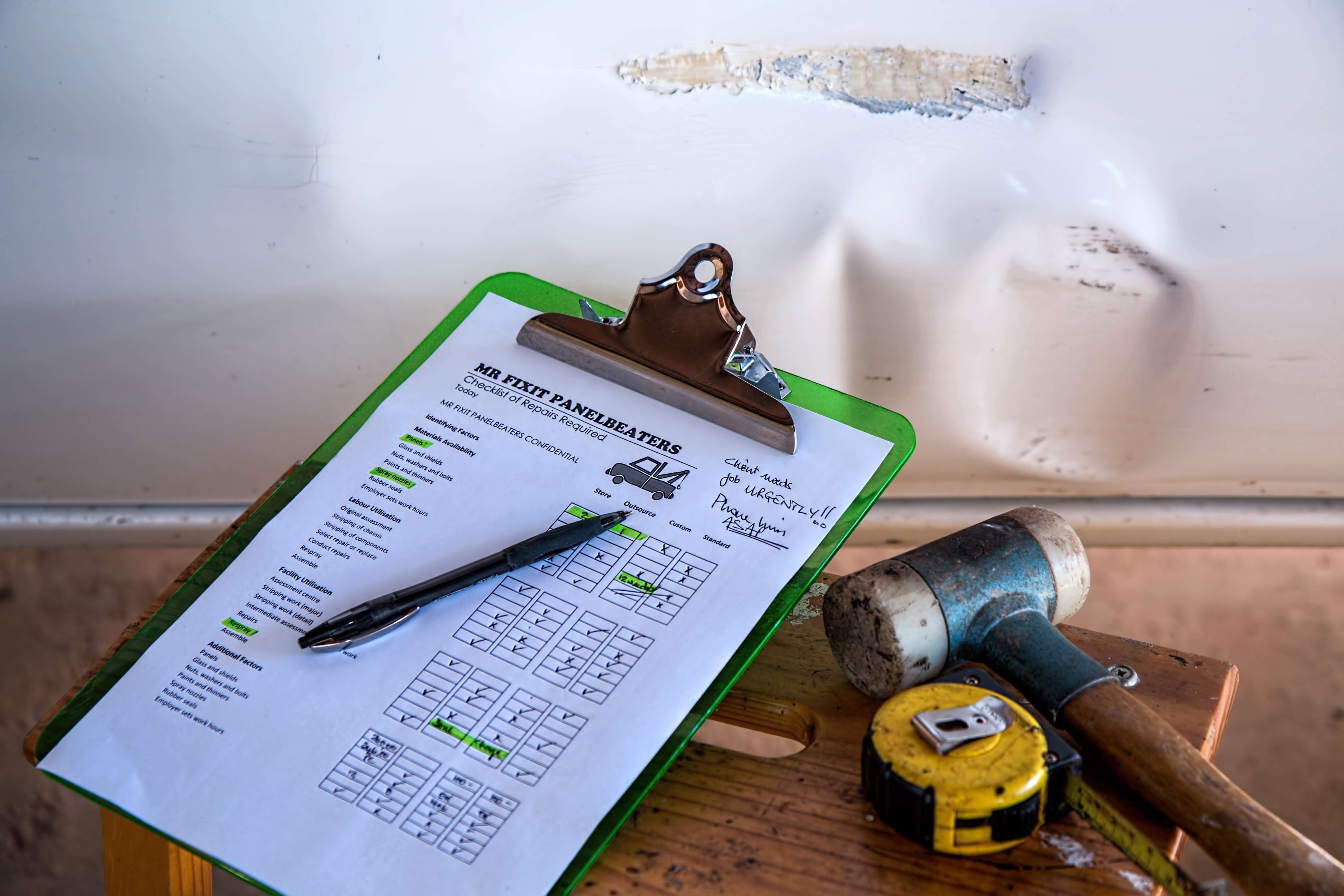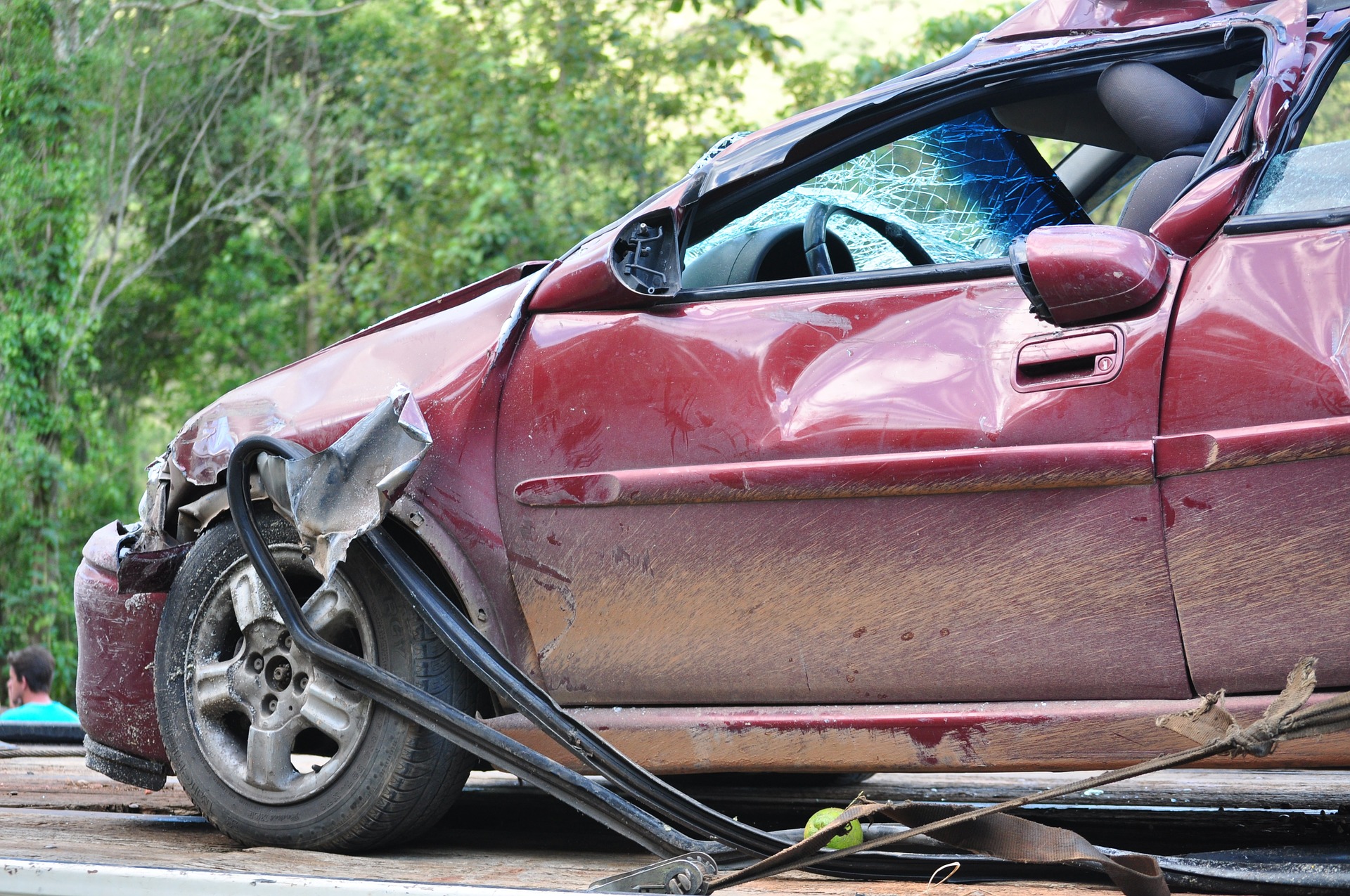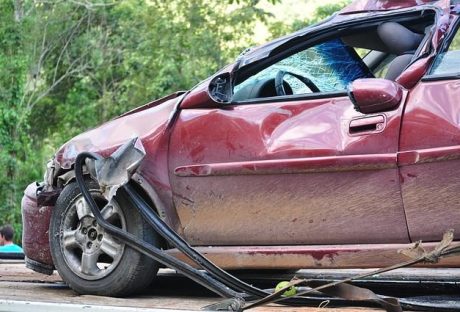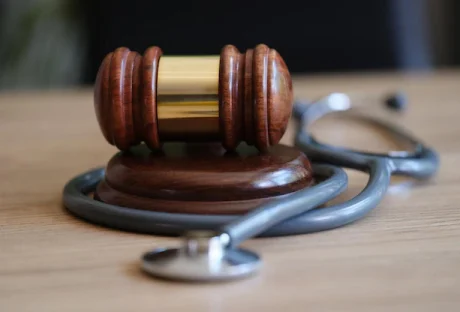Driving under the influence (DUI) is a serious crime in the state of Florida. Often, drivers are unaware of both their rights when they are suspected of DUI and the consequences of a DUI conviction.
First DUI Conviction :
There are multiple legal options available for a first time DUI offenders, but depending on the circumstances of the offense, the punishments for your DUI conviction can be extremely harsh. These punishments, pursuant to Florida Statute 316.193, can include:
- A fine between $500 and $1000.
- Imprisonment for up to six months.
- Mandatory installation of an ignition interlock device, at the offender’s expense, in all vehicles owned and operated by the offender for a continuous period of up to six months.
The punishments for a first time DUI offenders can be increased in certain scenarios. These scenarios fall under what is called “enhancement statutes”. Generally, your first DUI offense is considered a misdemeanor, but certain circumstances can enhance a person’s first DUI to a felony.
If during the course of committing your first DUI, you cause serious bodily injury to another, the DUI with a serious bodily injury can be considered a felony offense of the third degree, which can result in imprisonment for up to five years, a fine of up to $5000, and other punishments.
Other enhancements can be applied if an individual is killed as a result of a first-time DUI offense, which is considered DUI manslaughter. Multiple aspects of the crime can affect the punishments rendered to a DUI manslaughter offender, and if you are ever charged with this crime, you should consult with first DUI lawyers immediately.
These enhancements and others apply to repeat DUI offenders as well as first-time offenders.
Second DUI Conviction :
People convicted of DUI for the second time face the following enhanced sentences:
- A fine between $1,000 and $2,000.
- Imprisonment for up to nine months.
- Mandatory installation of an ignition interlock device, at the offender’s expense, in all vehicles owned and operated by the offender for a continuous period of up to one year.
Third DUI Offense :
People convicted of three DUIs face serious sentences. The third DUI has automatically deemed a third-degree felony if the third DUI was committed within 10 years of a past DUI conviction. The sentences imposed for a third DUI conviction in this situation are as follows:
- Imprisonment for up to five years.
- A fine of up to $5000.
- Mandatory installation of an ignition interlock device, at the offender’s expense, in all vehicles owned and operated by the offender for a continuous period of up to two years.
If the third DUI offense is committed more than ten years after an offender’s last DUI conviction, the offender will face the same amount of time with an ignition interlock device, but the fine imposed is between $2,000 and $5,000 and the term of imprisonment cannot exceed one year.
Fourth DUI Offense :
A fourth DUI conviction, regardless of when it occurs, is considered a third-degree felony punishable by up to five years in prison and a fine of $2,000 to $5,000.
In addition to the penalties discussed, every DUI conviction carries with it a minimum period of revocation of the offender’s license, which can be found on the Florida Highway Safety and Motor Vehicles website.
If you have been arrested for DUI, contact a criminal defense attorney in Winter Park, FL.













